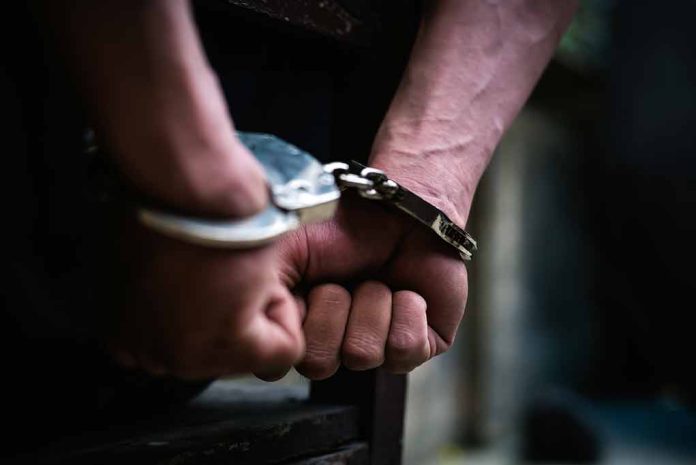
One traffic stop in Tennessee has catapulted Kilmar Abrego Garcia into the center of a furious debate on immigration, gangs, and politics.
Key Takeaways
- Kilmar Abrego Garcia is an illegal immigrant from El Salvador apprehended over suspicions of human trafficking.
- Despite accusations of gang connections and domestic abuse, key Democratic figures support his return to the U.S.
- Garcia’s immigration status and accusations against him have intensified political debate over U.S. immigration policy.
- The U.S. Supreme Court ruled his deportation unlawful, fueling ongoing legal challenges.
Background and Legal Issues
Kilmar Abrego Garcia, originating from El Salvador, became prominent following a Tennessee traffic stop where suspicions of human smuggling arose. Under a traffic violation, he transported eight men cleared of belongings, possessed $1,400 in cash, and wielded an invalid Maryland license. Interrogations revealed contradictory reasons for his travel and prompted discussions on his gang affiliations.
Law enforcement’s suspicions grew as he drove a car believed to belong to a known smuggler. Bodycam footage recorded discussions about notifying ICE of his activities, but ICE remained unresponsive. With alleged MS-13 ties noted by judges, these associations paint a complex picture of his intentions.
Tom Pappert, lead reporter at The Tennessee Star, raised multiple concerns surrounding the 2022 traffic stop of Kilmar Abrego Garcia, the alleged MS-13 gang member and citizen of El Salvador who was deported last month under President Donald Trump, by T…https://t.co/9EIgi2rSam
— Tennessee Star (@TheTNStar) April 19, 2025
Political and Domestic Dimensions
Accusations of domestic abuse complicate Garcia’s profile. His wife, however, claims her legal protections were precautionary, backing his return. Democratic officials, including Senator Chris Van Hollen, have advocated for his case, with Van Hollen denying claims Garcia committed crimes or joined MS-13.
“When they say Abrego Garcia has been charged with a crime or is part of MS-13, that is a lie,” said Van Hollen.
Despite advocacy, Garcia remains in maximum-security detention in El Salvador. The U.S. embassy has not received guidance from the White House for his return. His deportation, labeled erroneous by past administration figures, is under court scrutiny as debates loom over immigration policies.
NYP reports that the "Maryland man" was driving a convicted human smuggler's vehicle when he was stopped by TN Highway Patrol in 2022 w/ 8 other people in his car who had no luggage and claimed his address to be their own. He claimed to be driving them from TX to MD for "work". https://t.co/CMbVZ6dCry
— Bill Melugin (@BillMelugin_) April 23, 2025
Conclusion and Implications
Garcia’s contested asylum status was once acknowledged due to threats in El Salvador. With past protective status jeopardized, his case serves as a flashpoint in national discussions on border security and asylum policies.
“Abrego Garcia was also arrested with two other well-known members of the vicious MS-13 gang,” said White House Press Secretary Karoline Leavitt.
As the courts weigh in on his case, political allies continue pushing for justice and his return to the U.S. While securing the border remains a top priority, cases like Garcia’s highlight the ongoing challenge of balancing tough enforcement with real-world human impacts. Still, the rule of law must lead the way as the political fight over his future plays out.





